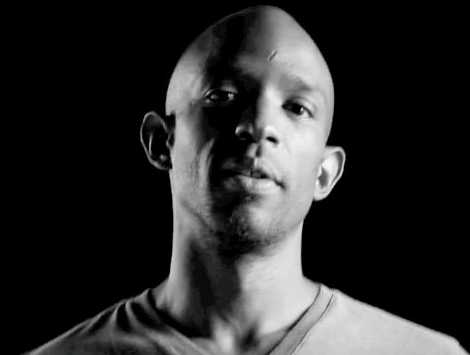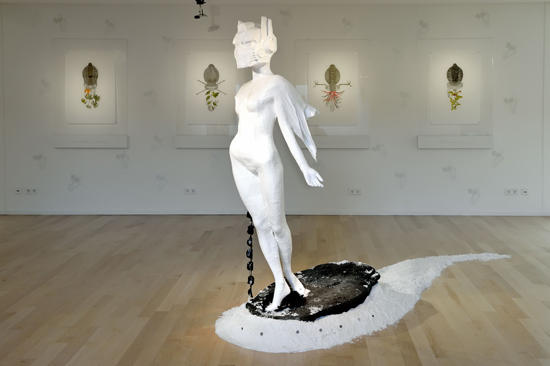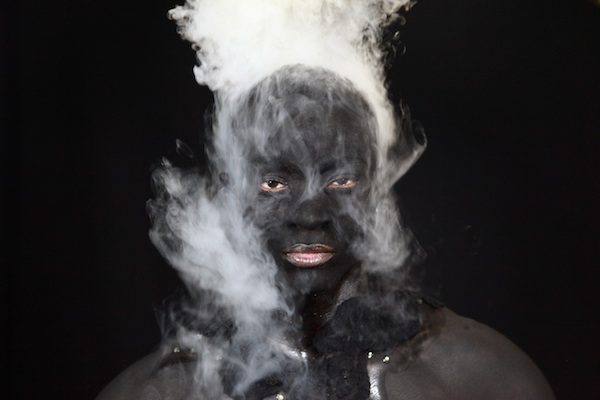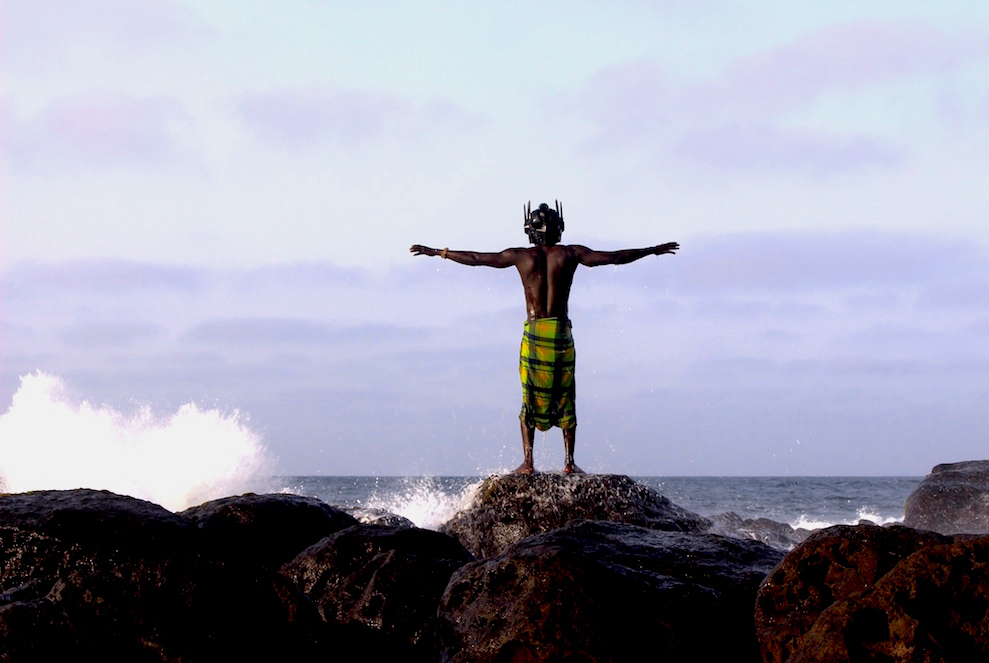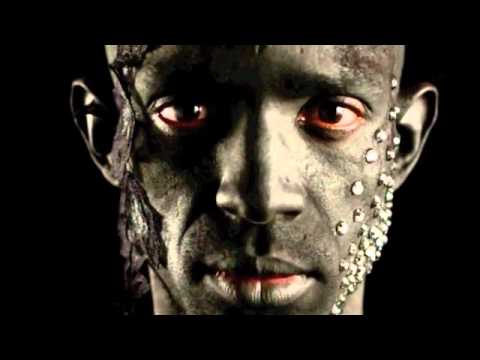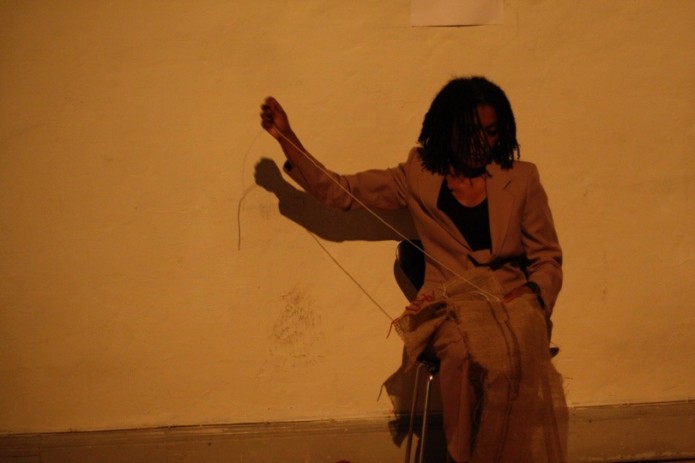7 Apr 2017 – 18:00
Lecture: The work of artist Patricia Kaersenhout and artist Charl Landvreugd
In March/April 2017, the chair Dutch-Caribbean Literature of the University of Amsterdam and Framer Framed present an open lecture series dealing with the influence of colonialism and Dutch imperialism on literature and visual arts in the former Dutch colonies & the Netherlands (see below for a full overview).
For the 5th lecture in the series, we are honored to be joined by two renowned artists, Patricia Kaersenhout & Charl Landvreugd, who will each present a separate lecture on their artistic practice. Both artists relate to the African diaspora in their work, connected to subjects like colonial history, (self-)identification, the black body, cultural heritage and the role of art and imagination.
ON THE SPEAKERS:
Patricia Kaersenhout
Visual artist, cultural activist and womanist, born in the Netherlands of Surinamese heritage.
In her work she focuses on colonialism in relation to her own upbringing in a West-European culture. The political thread in her work raises questions about the African Diaspora’s movements and its relation to feminism, sexuality, racism and the history of slavery. She researches the meaning of De-Colonial aesthetics which questions why Western aesthetics have dominated categories like beauty and representation and any discussion about art and its value. She is curious to what extent these categories determine how we think about ourselves, and how they make visible the contradictions of a colonial past. The main goal of her work is not to evoke feelings of beauty and sublimity but of sadness, resentment, remorse, hope and the determination to change the future and to create an ethical life.
Charl Landvreugd
Visual artist, curator and researcher, born in Surinam and raised in the Netherlands.
Lecture: Notes on Imagining Afropea
In Landvreugd’s practice as an artist, he complements his visual work by exploring a sense of belonging, processes of identification and self–identification, and by positing the significance of his creative endeavours in relation to that of his peers.
In his lecture, Landvreugd addresses his current research, ‘Imagining Afropea’ at the Royal College of Art in London, in which he specifically addresses the Afro-Dutch community and the influence of this community on contemporary art. The title refers to a form of imagining that takes place from a personal and artistic subject position. He looks into the visual strategies of Afro-Dutch artists, whose creative explorations have resulted in new subjectivities that are diasporic and belong to a wider transatlantic Afro community and yet, at the same time, have a direct bearing on the Netherlands. The changing nature of cultural difference implied in such a process constitutes a field of conceptualisation that may be described under the provisional heading of ‘Afropea’.
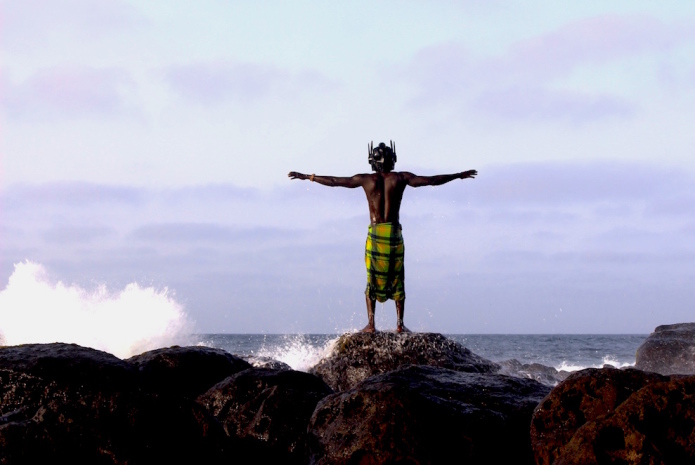
Charl Landvreugd, Atlantic Transformerz: Ile de Ngor (2014). Video still 13:48. Courtesy of the artist
Colonial history / Artist Talk / Caribbean / Shared Heritage /
Agenda
Lecture: Ellen de Vries - Nola Hatterman and art in Surinam
Lecture by researcher and publicist Ellen de Vries, about the work of Nola Hatterman in Amsterdam and Suriname.
Lecture: Iwan Sewandono - The outframed framed in: modern Indonesian Painters
Lecture by anthropologist Iwan Sewandono, on modern Indonesian painters in the Dutch Indies, in the 1930s and after.
Lecture: Paul Faber - Modern Surinamese Art, 1945-1980
Lecture (in Dutch) on modern Surinamese art, by art historian & publicist Paul Faber.
Lecture: Sara Blokland - Srefidensi and the reproduction of a family history
Lecture by Sara Blokland, about her art and the the project SrefidensiFoto, photo archives and the role of memory and identity in her work.
Lecture: Rose Mary Allen - Oral history as autobiography
Lecture by Dr. Rose Mary Allen, on oral history in the context of Curacao.
Lecture: Gábor Pusztai on the work of László Székely
Lecture on the work by artist László Székely, who lived and worked in the former Dutch Indies.
Lecture: Remco Raben - The modern art & literature of the Indies/Indonesia
In this lecture, Remco Raben will discuss the cultural discourses in Indonesia in the 1940s and 1950s.
Lecture: Caroline Drieënhuizen - Musea in the Dutch East Indies
To what extent are museums reflective instrumental in the creation of colonial narratives, histories and national identities?
Open lecture series: Influence of colonialism on artistic expressions in former Dutch colonies
March/April 2017.
Network
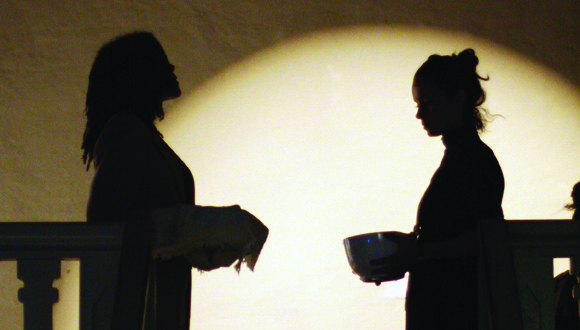
patricia kaersenhout
Visual artist, cultural activist, womanist
